
The Three Keys
Three powerful suggestions to bind ourselves to the Tzaddik: study the Rebbe's writings, give tzedakah (charity), and hitbodedut (personal prayer).

Binding with the Tzaddik – Hitkashrut l’Tzaddik
The relationship between the Jew and the Tzaddik is fundamental to Judaism. When our ancestors stood on Mount Sinai, they heard the first mitzvah directly from G-d, while all other mitzvot were taught to them through the Tzaddik, through Moshe (Moses). Why? Because Torah is taught through a rebbe – a relationship with a Tzaddik is an integral part of the Torah experience. A Tzaddik lives Torah, therefore, through connecting and binding ourselves to the Tzaddik, we are binding ourselves to Torah in a way that is much deeper than mere academic study. Through recognizing our own inadequacies and accepting that the Tzaddik is wiser and more saintly than ourselves, we are able to can learn from his wisdom and bring ourselves closer to G-d.
Throughout the generations, there have been many different tzaddikim to guide us and show us how to apply Torah to own lives. Breslover Chassidim view Rebbe Nachman as their tzaddik, their spiritual guide. But Rebbe Nachman is no longer alive! How is it possible to bind ourselves with him? How can we develop a deep, enduring relationship with a spiritual teacher who is no longer alive? Through studying the Rebbe’s teachings and incorporating them into our daily life!
Rabbi Shalom Arush, head of the Chut Shel Chessed institutions, has three very powerful and potent suggestions for hitkashrut l’Tzaddik, binding ourselves with the Tzaddik. In these difficult and trying times, may the merit of hitkashrut l’Tzaddik bring deliverance to our nation.
Rabbi Shalom Arush, head of the Chut Shel Chessed institutions, has three very powerful and potent suggestions for hitkashrut l’Tzaddik, binding ourselves with the Tzaddik. In these difficult and trying times, may the merit of hitkashrut l’Tzaddik bring deliverance to our nation.
What are Rabbi Shalom Arush’s three suggestions?
- Study the Rebbe’s writings
- Give tzedakah (charity)
- Hitbodedut – secluded prayer and meditation
1. Study the Rebbe’s writings
Every day, read at least 2 pages from one of the Rebbe’s books: Likutei Moharan, the Book of Middos (translated as The Aleph-Beit Book), Rabbi Nachman’s Stories, Tzaddik, Rebbi Nachman’s Wisdom, Likutei Etzos (translated as Advice and A Bit More Advice), and Likutei Halachot.
To read more about Rebbe Nachman’s books, click here.
Although we might not fully comprehend everything that Rebbe Nachman wrote, these books speak directly to our souls. Throughout the generations, great and righteous men have praised these books for their powerful insights, and for their ability to arouse the most hardened hearts and instill them with reverence of Heaven. Through studying these books and following the Rebbe’s advice, we can ignite the flame of Breslov in our hearts.
2. Give tzedakah
Every day, use both hands to put a few pennies into the tzedaka box.
Before putting the money in the tzedaka box, recite the following: “I hereby give tzedaka for G-d’s honor and in memory of Rebbe Nachman of Breslov, may his merit protect us, amen.”
After giving the money to tzedaka, recite the prayer which is included in the Set of Three Keys.
When we contribute money to tzedaka, we are breaking the cruelty that exists within us and transforming it into compassion. We are changing our very nature, and in doing so we become more spiritual and sensitive people.
To learn more about the importance of tzedaka, click here.
3. Hitbodedut – secluded prayer and meditation
…Master of the World! I yearn to cry out to You with all my heart and all my might! I want to share with You openly and honestly all that I am going through. Help me to break down all the barriers keeping me away from You, hear my prayers…
Rebbe Nachman taught: “Hitbodedut is on a very high level, indeed, a level above all levels (Likutei Moharan II, 25). Therefore, man should set aside an hour (or more) each day to speak to G-d in a room or in the fields. While there, he should say whatever is in his heart, with words of grace and supplication. These words should be in the language he normally speaks, so that he will be able to express himself as clearly as possible. When he entreats G-d in the language he is used to, the words are closer to his heart and will therefore flow more easily.”
In being alone with G-d and giving voice to our desire for Him, we are developing a unique relationship with the Almighty and strengthening our awe, joy and love of Him.
Before beginning hitbodedut, it is recommended to recite the following formal prayer:
I hereby bind my self through hitbodedut and through confession of my sins to all the true Tzaddikim in this generation and all the true Tzaddikim who have departed, “the holy ones who are in the earth”, and especially our holy Rebbe, Tzaddik, foundation of the world, the “flowing brook, source of wisdom”, Rabbi Nachman, son of Feige, may his merit protect us and all of Israel, Amen.
The time spent in hitbodedut should be divided into three parts:
- A few minutes to praise G-d for everything He does for us.
- Confessing our transgressions, regretting the past, committing ourselves not to repeat the transgressions and asking for G-d’s assistance in fulfilling our commitments.
- Requesting G-d’s salvation, guidance and assistance in any way, shape or form, both spiritually and physically.
To learn more about Hitbodedut, click here.
Through carrying out Rabbi Shalom Arush’s three suggestions, may the Tzaddik serve as a good advocate on your behalf. May we merit full repentance and blessings in all aspects of life, and may the Mashiach come speedily in our days, Amen.




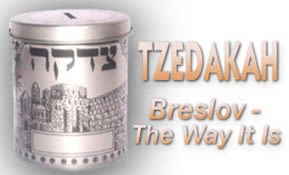
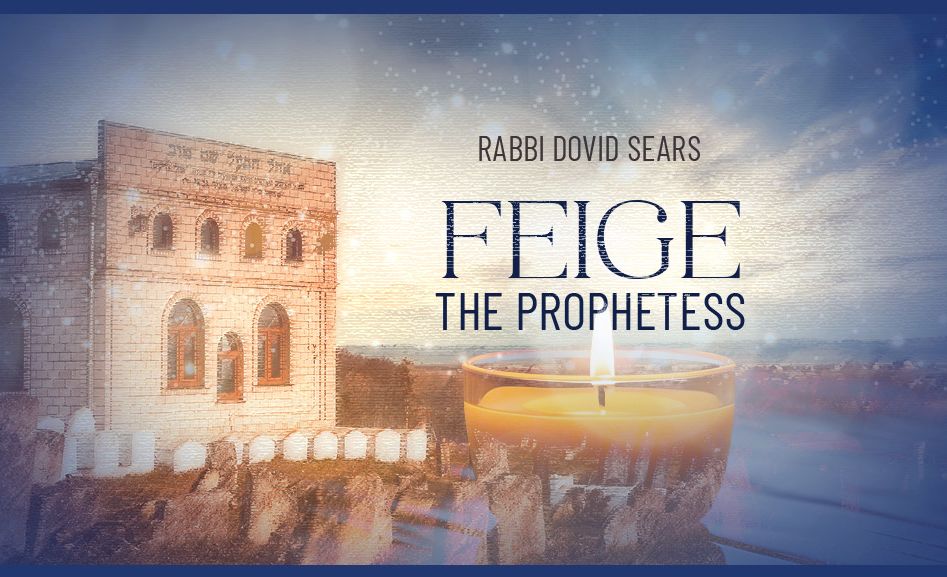

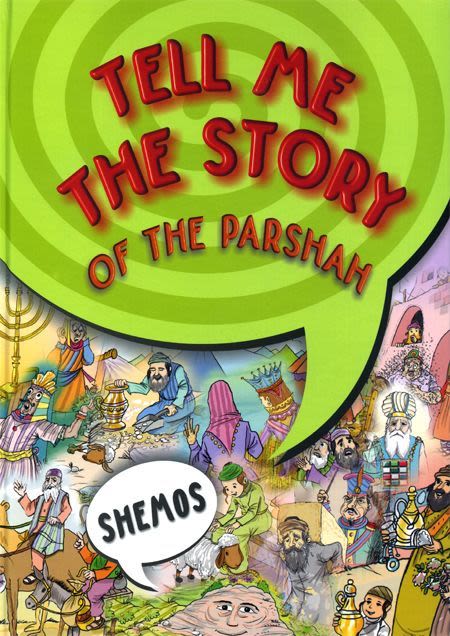
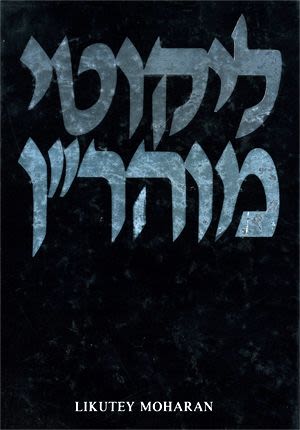
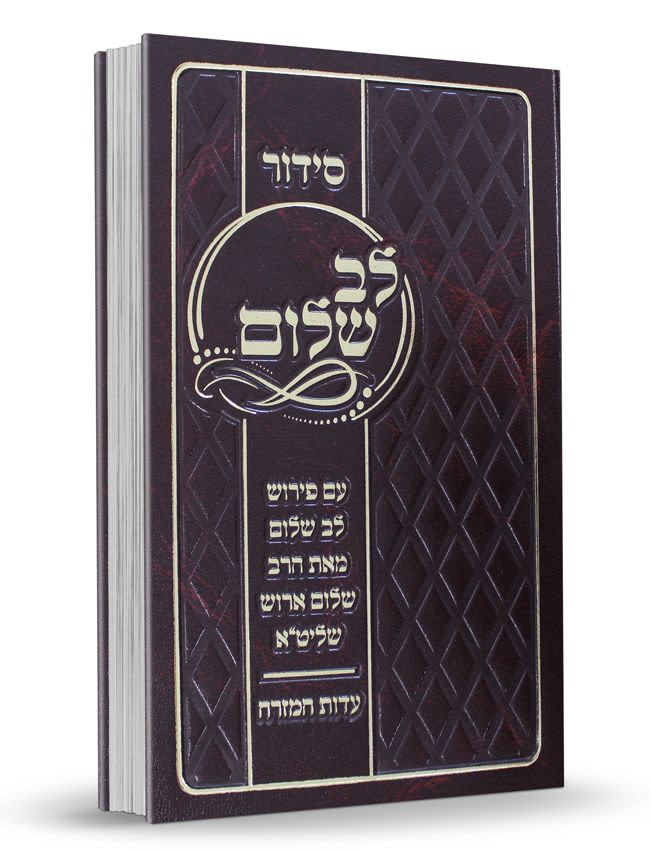
Tell us what you think!
Thank you for your comment!
It will be published after approval by the Editor.